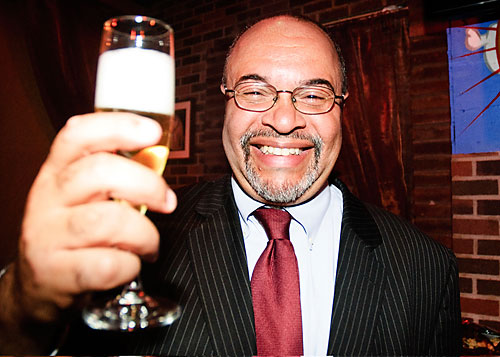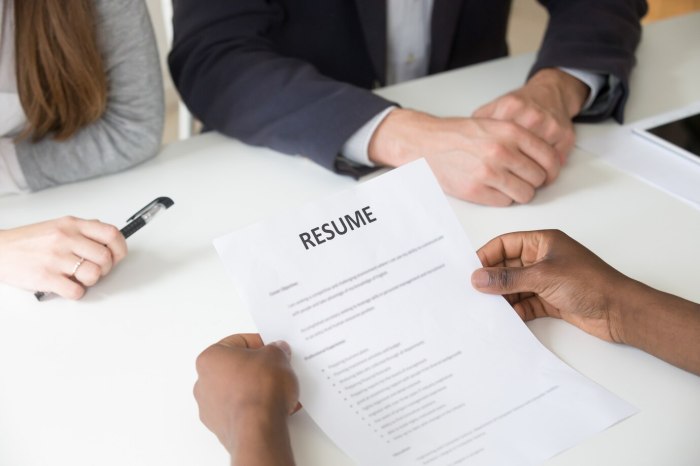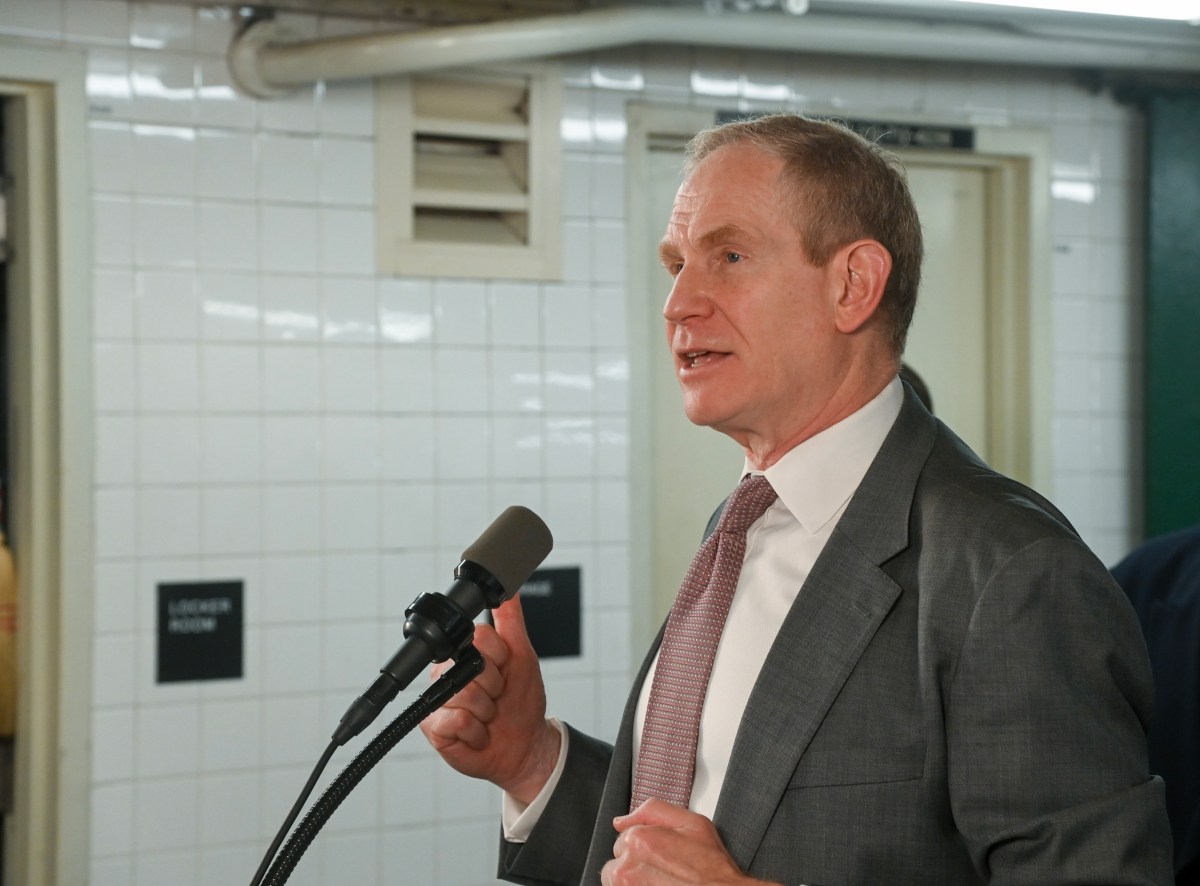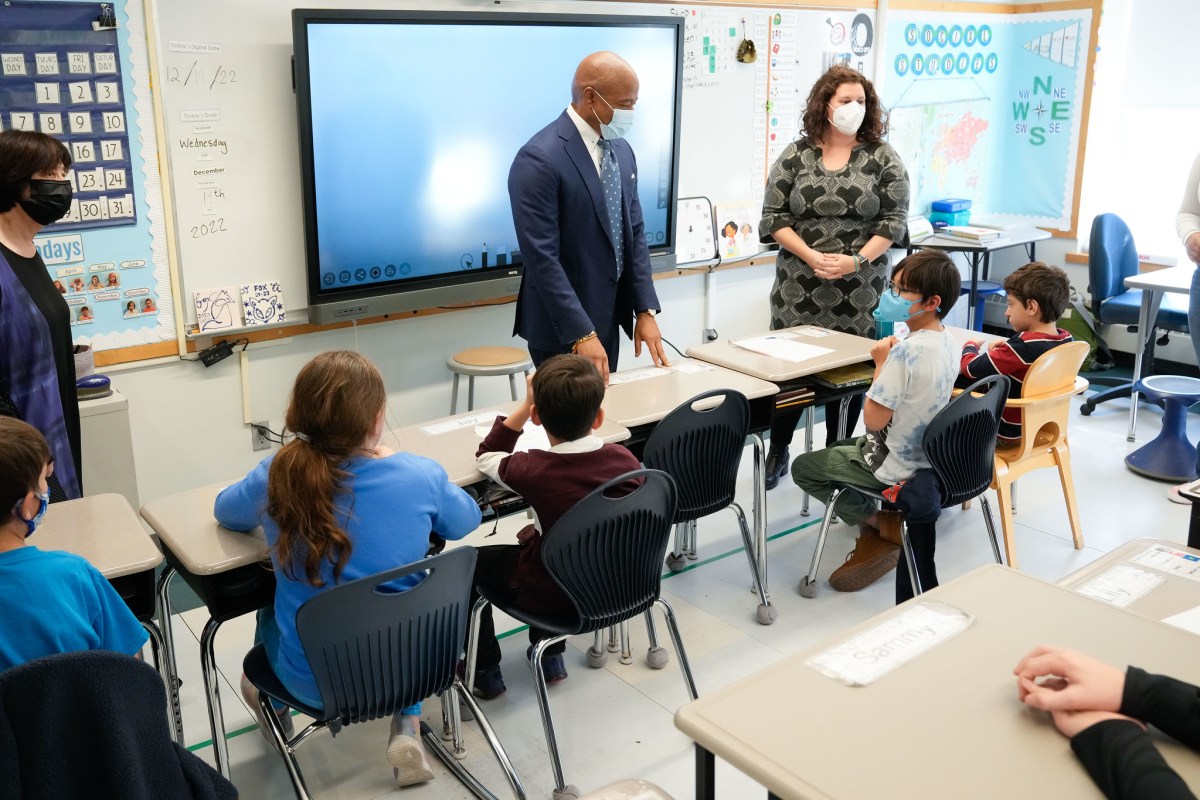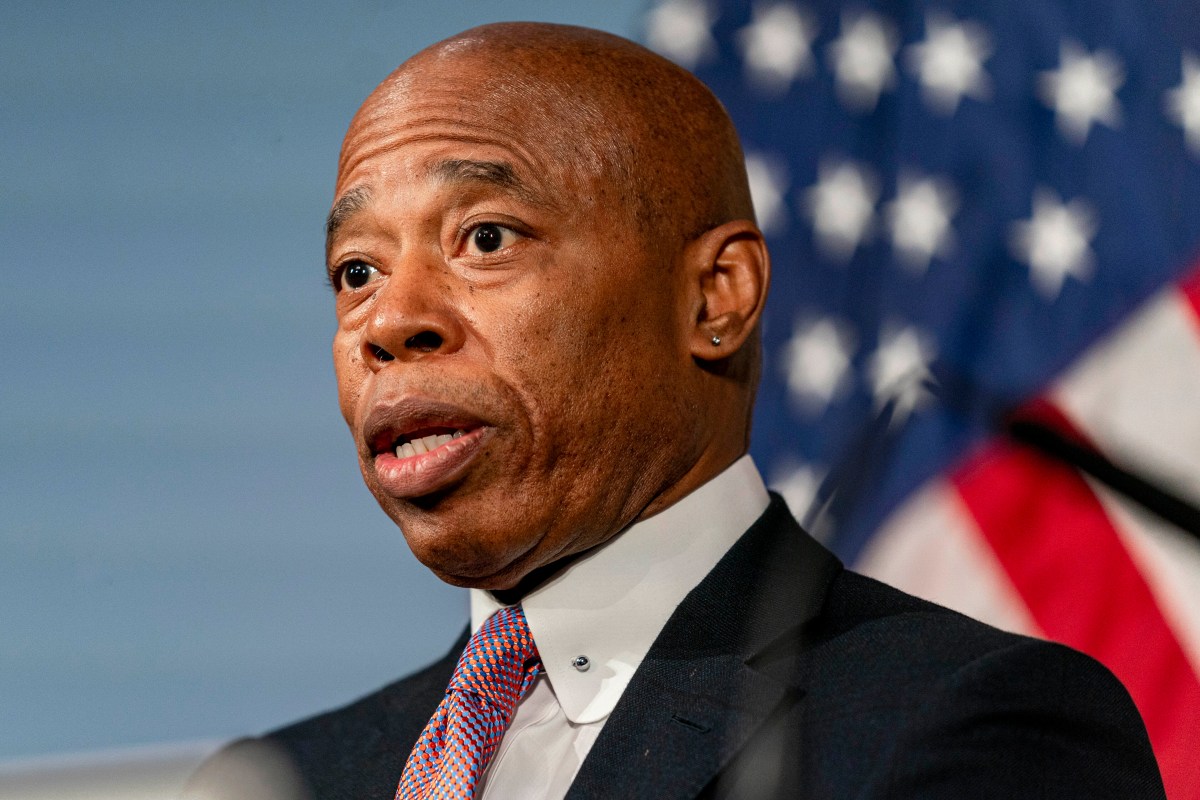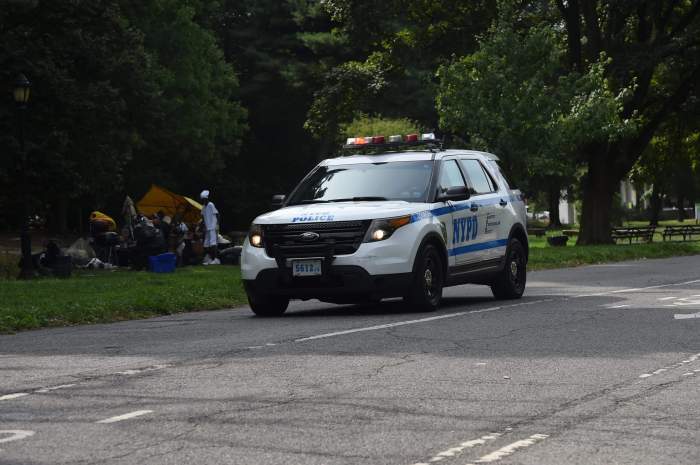Moving the Democratic Primary election from September to June is a needed reform.
If incumbents had to campaign while working — which most challengers need to do — their campaigns could no longer take voters for granted. Campaigns now fight over a dwindling number of “prime” voters — those who vote in primary elections on a regular basis. And, worse, the primary election takes place just after Labor Day and around both the 9-11 anniversary and important religious holidays.
Most important, incumbent officeholders in Albany would be more likely to complete a budget by April 1 — or suffer our wrath almost immediately.
Also, to reform our political system, we’ll need to increase voter participation while making the voter more comfortable with the processes and results. One method is to utilize Instant Run-off Voting.
Instant Run-off Voting lets voters rank candidates for an office and tabulates the results by re-distributing the votes cast by voters whose candidates were not one of the top two vote getters.
The results are compelling. First, expensive run-off elections are eliminated. Second, the eventual winner is not perceived to have won merely a plurality, but a majority of voters’ preferences every time. Third, candidates in Instant Run-off Voting elections are forced to appeal to a broader audience.
Instant Run-off Voting is now used in several states. Though we have just adopted new voting technology, we have yet to improve our method of selecting candidates who truly represent their communities.
Instant Run-off Voting is an important and proven step in the right direction.
Chris Owens is a newly elected Democratic state committeeman representing DUMBO, Vinegar Hill, Brooklyn Heights, Downtown, Cobble Hill, Carroll Gardens, Boerum Hill and Park Slope.


